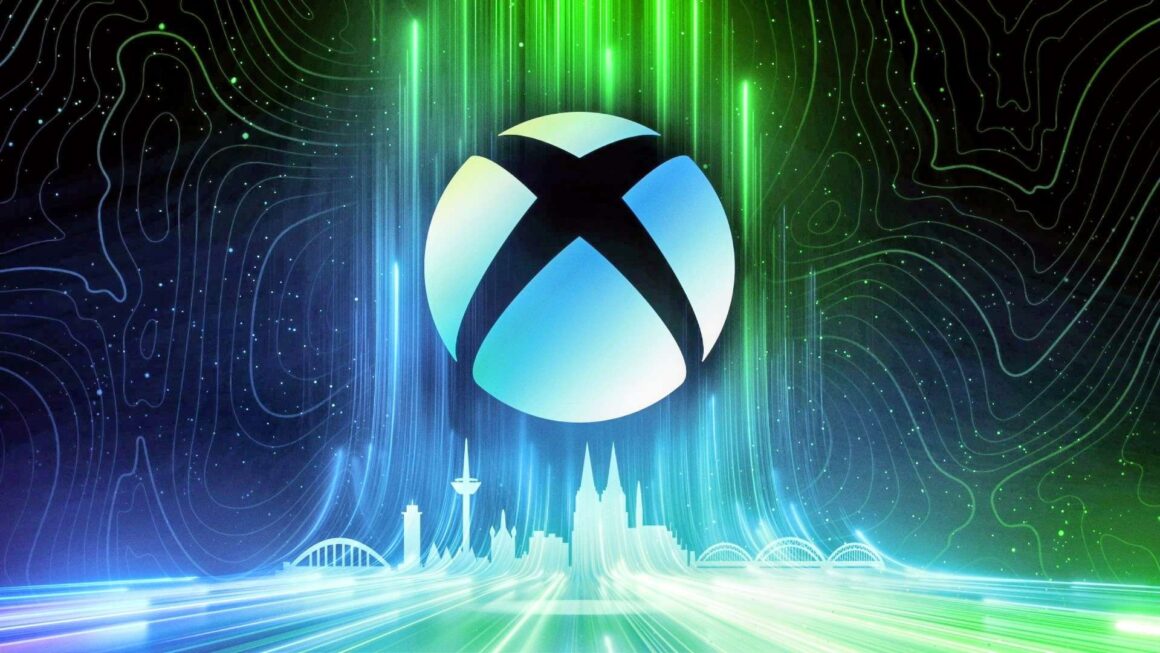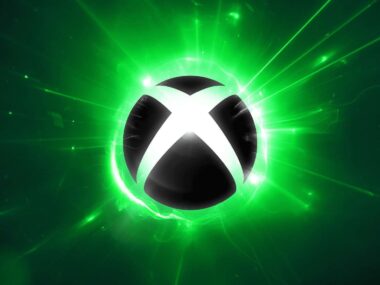When Microsoft announced that the Halo franchise is coming to PlayStation, it shook the gaming world.
For the first time in history, the series that defined Xbox’s identity won’t be tied to its home console. The debut title, Halo: Campaign Evolved, arrives in 2026 as a spiritual remake of the 2001 Halo: Combat Evolved. Rebuilt in Unreal Engine 5 with three new prequel missions and nine new weapons. It will not have competitive multiplayer at launch, but it will support full cross-play between Xbox, PlayStation and PC.
It’s a move that feels almost unthinkable. For over two decades, Halo was the face of Xbox. Soon it’ll be available to play on a rival console.
The Fear That Xbox Is Losing Its Soul
Some gamers were horrified by the news. Social media was filled with complaints that Xbox is being run by people who “aren’t real gamers.” Fans argued that Xbox’s identity is tied with exclusive titles and their consoles. They gave the brand a clear identity along with a reason for players to stay loyal.
By making their first-party games available on PlayStation, some feel like Xbox is destroying their brand. What’s the point of buying an Xbox when you can play their games on a different console? That view misses the bigger picture. What looks like the end of Xbox’s identity is actually its evolution.
From Hardware to Gaming Platform
The decision to bring Halo to PlayStation isn’t a sign that Xbox is abandoning its roots. It’s a strategic move to adapt to a changing industry.
Locking games behind one console limits their reach and their ability to make money. By embracing multiple platforms, Xbox is making sure that its biggest games (Halo, Forza Horizon, Gears of War) can reach as many players as possible. The company isn’t chasing console sales. It wants engagement. Whether someone plays Halo on a PS5, a PC, or an Xbox, Microsoft still wins.
This approach aligns with how the industry itself is evolving. Players don’t want to be tied to one platform. The truth is that a lot of people only bought an Xbox because their favorite game was an exclusive. Now gamers want crossplay and the freedom to play wherever they want. Xbox is leaning into that reality rather than fighting it.
The Numbers Game
If the next Xbox console really launches above the $1,000 mark, many players won’t buy it just to play a few exclusives. Microsoft needs to make sure its titles generate revenue even when players skip the console.
It’s a move that turns potential losses into sustainable growth. Game Pass remains the centerpiece of this plan. Every first-party title will still launch day one on the service. This gives Xbox a consistent advantage even when its games appear on rival platforms.
What This Means for the Brand
It’s true that Xbox’s days of relying on exclusivity are numbered. That doesn’t have to be a bad thing though.
Xbox isn’t just a console anymore. It’s a service that stretches across every platform. When Halo lands on PlayStation, it’ll disrupt the idea of what an Xbox really is.
Some will see that as a baffling business decision. Others will see it as growth. Both reactions are valid, but only one of them understands the direction the industry is heading. The company isn’t giving up on its legacy.
In a world where exclusive titles no longer guarantee success, Xbox has chosen to change tactics. Some fans may never forgive Xbox for abandoning exclusivity, but that’s a sign that Xbox isn’t for them anymore.






